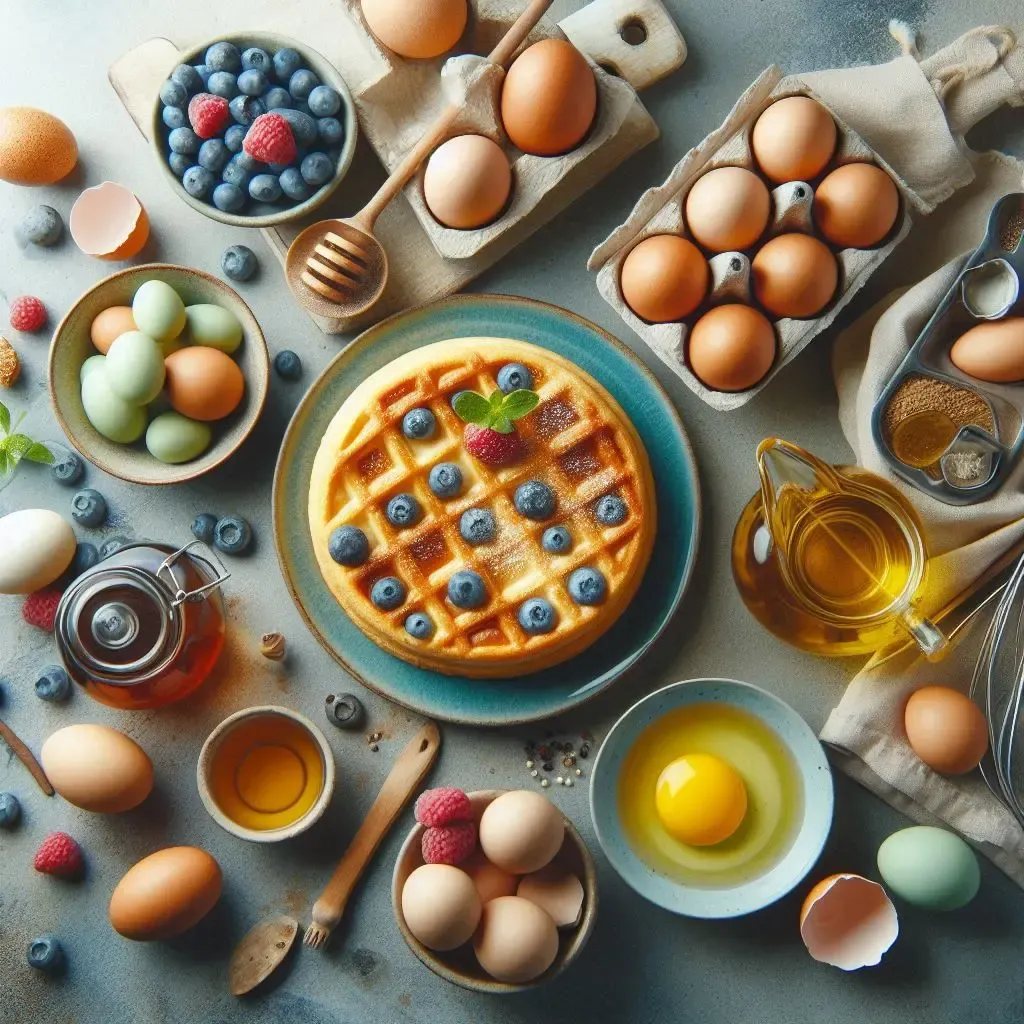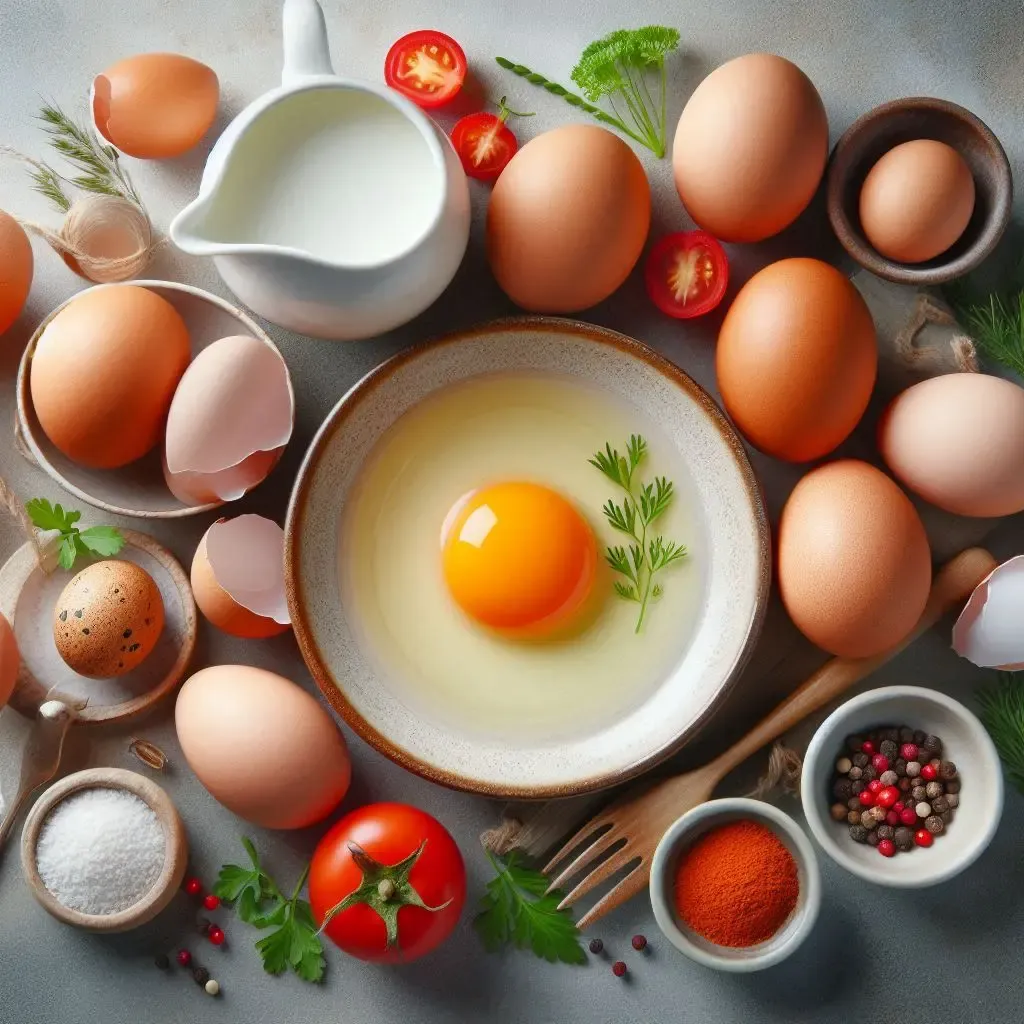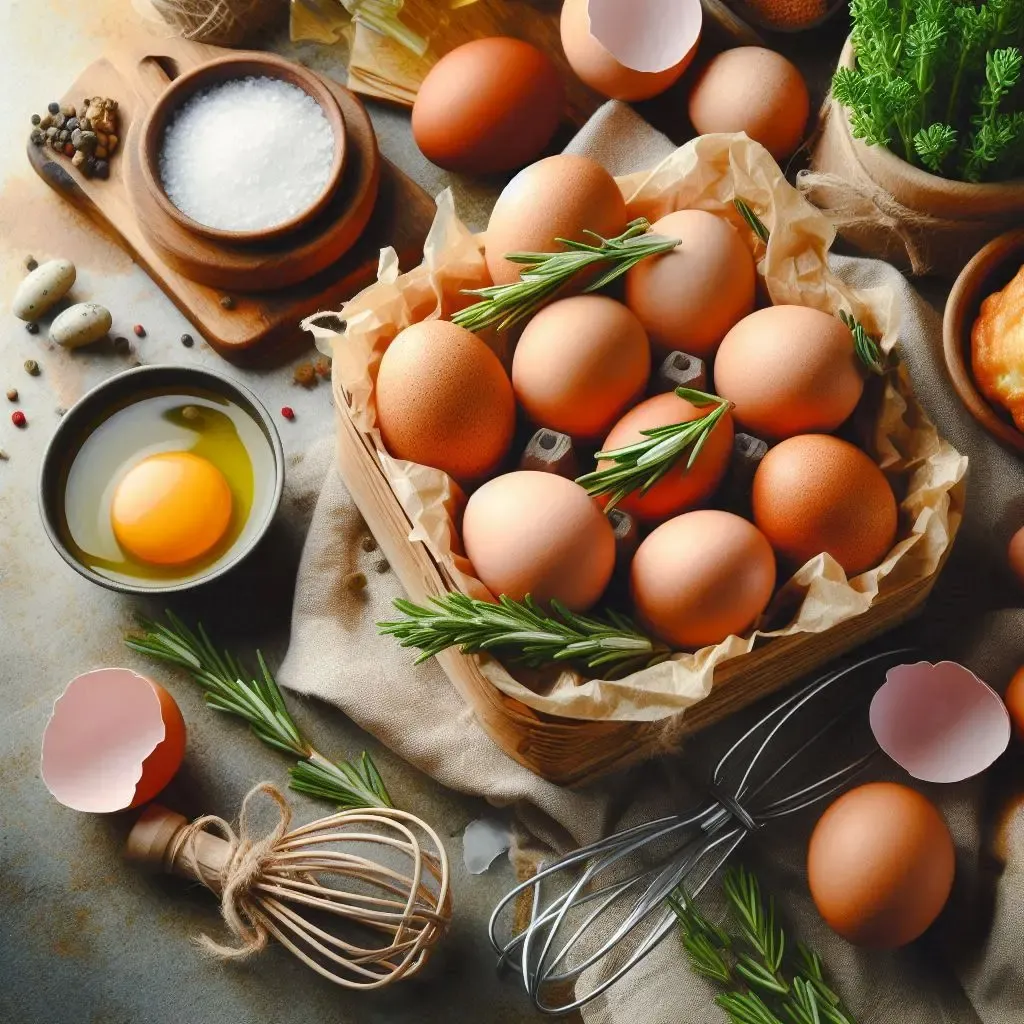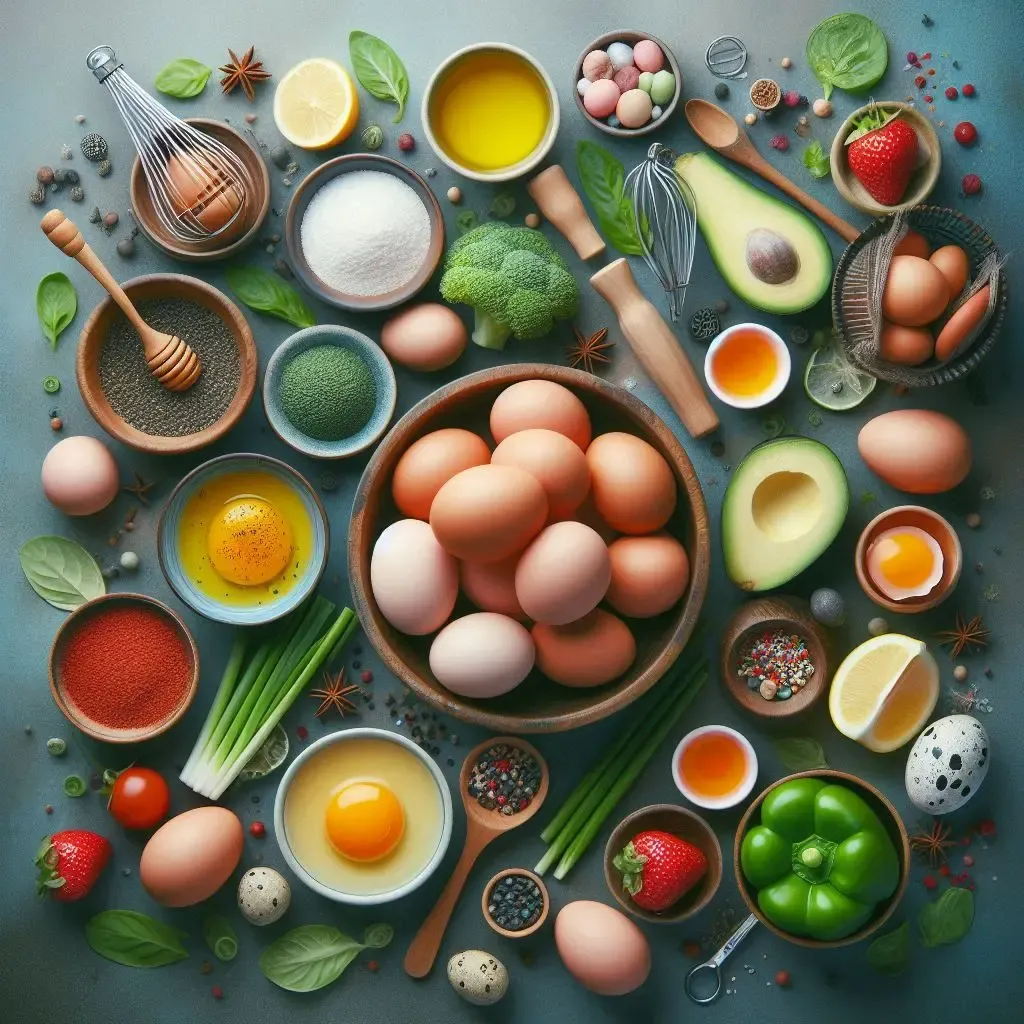- 100 Honey-Do List Ultimate 2025 Guide - 07/11/2025
- Top 100 Best Christmas Movies 2025 In-Depth Guide - 07/10/2025
- Top 100 Best Christmas Family Games 2025 - 07/10/2025

Table of Contents
The Best Egg: A Guide to Selecting, Storing, and Cooking
Eggs have been a dietary staple for thousands of years, cherished for their versatility, rich nutrition, and affordability. Whether you’re an experienced chef or a casual cook, choosing the best egg can significantly elevate the flavor and quality of your meals. This guide will walk you through the nutritional value of eggs, how to choose the freshest and highest-quality eggs, proper storage methods, and a few tips for cooking eggs to perfection.
Nutritional Benefits of Eggs
Eggs are often regarded as a nutritional powerhouse, providing an impressive range of essential nutrients in just a single serving. One large egg (about 50 grams) contains approximately:
- 6 grams of high-quality protein: Eggs are an excellent source of complete protein, containing all nine essential amino acids that the body cannot produce on its own. This makes them particularly valuable for muscle growth and repair.
- 5 grams of fat: Of this, around 1.5 grams are saturated fats. The fat in eggs provides energy and supports the absorption of fat-soluble vitamins like A, D, E, and K.
- Vitamins and minerals: Eggs are a rich source of several important vitamins and minerals, including vitamin D (for bone health), B12 (for red blood cell production), and selenium (an antioxidant). They also contain vitamin A and folate, supporting eye and cellular health, respectively.
- Choline: This lesser-known nutrient plays a vital role in brain health and development, making eggs especially beneficial for cognitive function.
Eating eggs regularly can help promote heart health, support weight management, and provide sustained energy throughout the day. They are also relatively low in calories, with only about 70-80 calories per large egg.
How to Choose the Best Egg
When selecting eggs at the grocery store or farmer’s market, you’ll notice that they come in various sizes, colors, and types. Here are some tips for selecting the best eggs:
- Egg Size: Eggs are generally available in different sizes: small, medium, large, extra-large, and jumbo. The size you choose typically depends on your personal preference and recipe requirements. Most recipes call for large eggs, but smaller eggs can have a more concentrated flavor. Jumbo eggs may have thinner whites, altering texture.
- Egg Color: Eggshells can be either white or brown, but contrary to common belief, the color of the shell has no impact on the egg’s taste or nutritional value. The shell color is simply determined by the breed of the chicken. White eggs come from hens with white feathers and earlobes, while brown eggs come from hens with red feathers and earlobes.
- Types of Eggs:
- Cage-Free: These eggs come from hens that are not confined to cages but are raised indoors in barns. Cage-free eggs may have slightly better flavor and texture due to more natural movement of the hens.
- Free-Range: Free-range eggs are produced by hens that have access to the outdoors. These hens can move around more freely and forage, leading to richer-tasting eggs.
- Organic: Organic eggs come from hens that are fed organic, non-GMO feed and are not treated with antibiotics or hormones. These are often preferred by individuals who prioritize organic and humane farming practices.
- Pasture-Raised: Considered the highest-quality eggs, pasture-raised eggs come from hens that have ample outdoor access to roam and forage on grass, insects, and other natural foods. The varied diet of the hens results in eggs with brighter yolks and a richer flavor.
- Freshness: To check an egg’s freshness, you can conduct a simple test at home. Fill a bowl with water and gently place the egg inside. Fresh eggs will sink to the bottom and lay flat, while older eggs will stand upright or float. This happens because air pockets form inside the egg as it ages.
Storing Eggs Properly
Proper egg storage is crucial to maintaining their quality and safety. Here are some tips for keeping your eggs fresh:
- Refrigeration: Store eggs in their original carton in the refrigerator to protect them from absorbing odors from other foods. The ideal storage temperature for eggs is around 40°F (4°C).
- Shelf Life: Fresh eggs typically last for 3-5 weeks in the refrigerator. To maximize freshness, avoid storing eggs in the refrigerator door, as the constant temperature changes from opening and closing the door can cause eggs to spoil more quickly.
- Freezing Eggs: While you can’t freeze eggs in their shells, you can freeze egg whites or lightly beaten whole eggs for up to a year. Freezing is a great option if you’ve purchased eggs in bulk and want to extend their shelf life.
Cooking Eggs: Techniques for Perfect Results
Eggs are one of the most versatile ingredients in the kitchen, and they can be prepared in countless ways. Here are some classic methods:
- Boiled Eggs: Whether you prefer them soft, medium, or hard, boiled eggs are an easy, nutritious option. Soft-boiled eggs usually take about 4-6 minutes, while hard-boiled eggs take about 9-12 minutes. For the best texture, start the eggs in cold water and bring them to a gentle boil.
- Scrambled Eggs: For creamy, soft scrambled eggs, cook them over low heat while stirring frequently. Adding a splash of milk or cream can make the eggs fluffier and richer.
- Fried Eggs: For sunny-side-up eggs, cook them in a non-stick skillet over medium heat until the whites are set but the yolk is still runny. For over-easy eggs, gently flip the egg halfway through cooking.
- Poached Eggs: Poaching is a bit tricky but yields a delicate, silky texture. Crack the egg into a small bowl, then gently slide it into simmering water. Cook for about 3-4 minutes until the white is set.


Conclusion
Eggs are a nutritional powerhouse and a versatile ingredient that can be used in a wide variety of dishes. By selecting the freshest, highest-quality eggs and mastering basic cooking techniques, you can enjoy this affordable and healthy food in all its forms. Whether you like them boiled, scrambled, fried, or poached, the best egg can enhance your meals and contribute to a healthy, balanced diet.
How to Make Chinese Dumplings (5 Steps) – love a happy home (loveahh.com)
- Best Roast Pork Egg Foo Young(1 In-Depth Guide)
- How to Make Pork Egg Foo Young(1 Perfect Guide)
- Egg Foo Young Gravy Recipe 2025 In-Depth Guide
- How to Make Shrimp Egg Foo Young(1 Detailed Guide)
- How to Make Egg Foo Young: A Detailed Guide
- Easy Orange Chicken Recipe 3 Ingredients
- Best American Chinese Food(8 types)
- How to Make Orange Chicken 2025 In-Depth Guide









